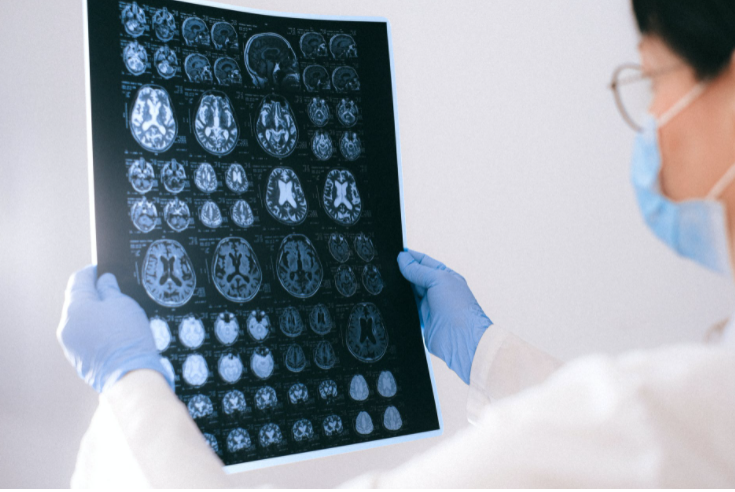South Korean researchers have developed a new "Smart Lens" technology that centers on neuroscience, particularly in detecting Alzheimer's disease at an early stage. This is via the intraocular smart lens that goes through a person's eye and makes its way to searching for indications regarding any progression of this illness.
The Smart Lens is also capable of detecting other degenerative brain illnesses and neurological conditions apart from Alzheimer's, with different applications for patients.
South Korea's Smart Lens Technology

A paper recently published in the Bioactive Materials journal (via Science Direct) centers on a South Korean technology that can accurately use biomarkers to detect early signs of Alzheimer's disease. It will look into the patient's brain to determine if there is a developing case of this progressive memory loss disease, one that is notorious for the senior members of society.
KIMM (Korea Institute of Machinery and Materials), in collaboration with the country's Yonsei University, worked together to develop this Smart Lens.
It presents a more sensible detection of the target proteins that indicate any signs of the disease, using the so-called moiré patterns. Jaejong Lee and Geehong Kim, from the KIMM Nano-Manufacturing Technology Department, led the research.
Neurological Disease Instrument
The intraocular instrument needs to pass through one's eye for its detection of Alzheimer's or other neurological diseases. The researchers claimed that they would continue to develop this Smart Lens technology for further use, and possibly, its availability commercially for many professionals around the world to utilize for their diagnosis.
Brain Conditions Detection
There are countless brain conditions in the world, and it develops from genes or other traumatic experiences, and some may be born to them. One of the most common is Alzheimer's disease, and there is plenty of research centering on its detection, with biomarkers tests that could detect it using blood samples from patients.
There are also several systems available now to help detect dementia and Alzheimer's using artificial intelligence, and research suggests that they are more effective. In the study, it was claimed that AI is better than medical experts in detecting signs of Alzheimer's, and it was proven that the program delivers a more accurate diagnosis.
Humans develop technology that was made to help the world get better and faster results, and of course, medical professionals aim to develop ones that center on prevention over cure. This new smart lens from South Korea's KIMM researchers center on detecting Alzheimer's at an early stage, one that would help in treating the condition before it progresses.
Related Article : Experimental Gene Therapy Changes the Life of Polish Schoolgirl With Unusual Brain Condition

ⓒ 2026 TECHTIMES.com All rights reserved. Do not reproduce without permission.




